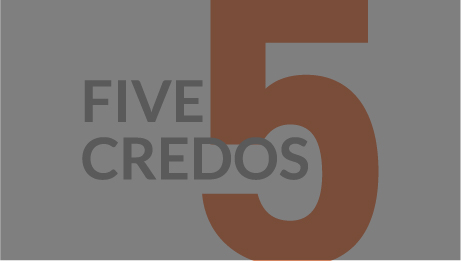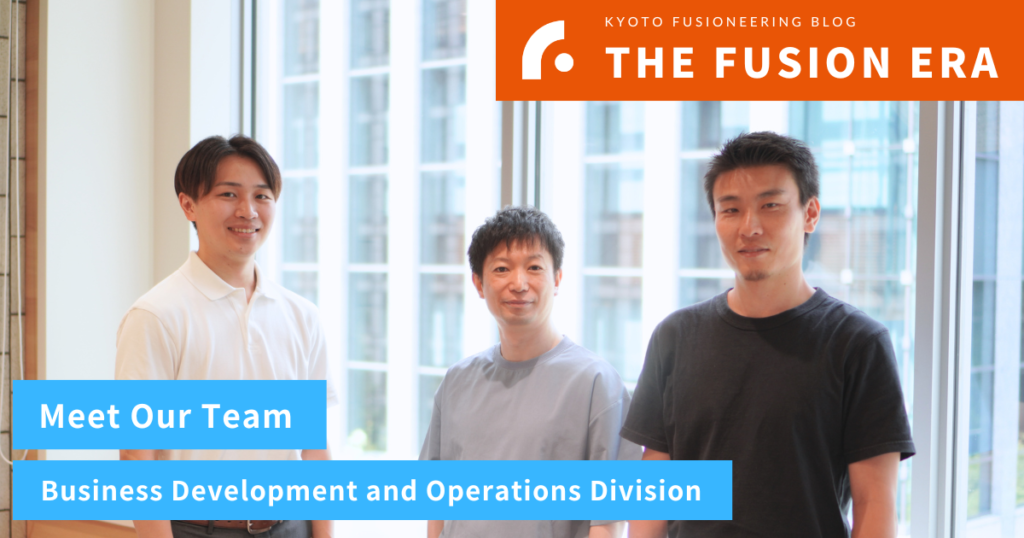
As a deep-tech start-up, we focus on developing our technology, and our sales and business development team act as key partners for our technical teams.
Our Business Development and Operations Division, (or “Business Team”), may look similar to a sales department, but in our case, they go way beyond that. So, what exactly do they do? Read on to learn more about how our Business Team delivers a “win-win for all” — customers, suppliers and the company.
We are like a ”jack of all trades” — we find ways to unlock the full potential of our engineering team
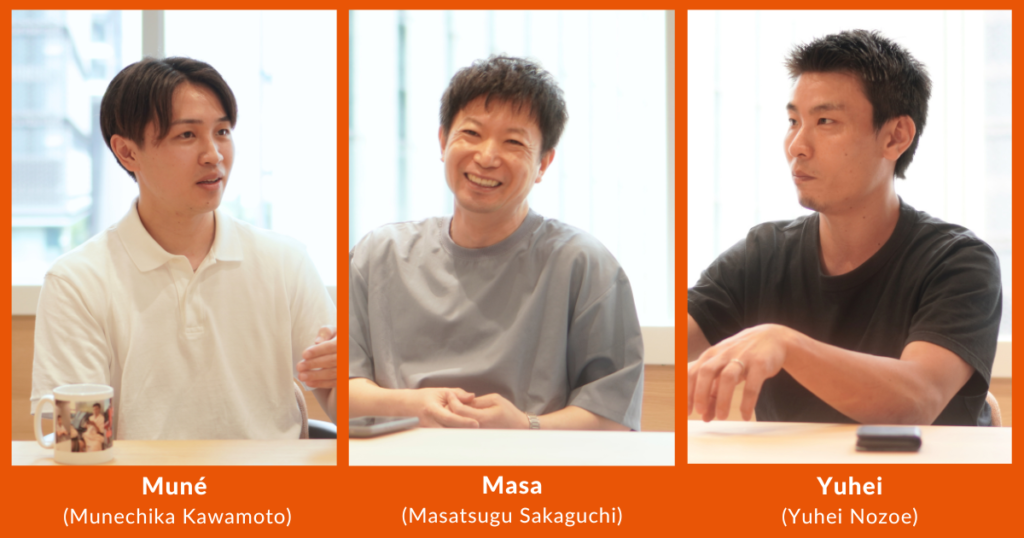
Q. Can you tell us more about the work the Business team does?
Yuhei: When you think of a typical sales department, an image of goods and services being sold to customers comes to mind, but in our case, we cover a wider range of areas, including R&D support, PM (project management) and SCM (supply chain management). We cover areas outside of the skills typically used in sales and business development, from R&D to legal and accounting, so many see us as a “jack of all trades.”
Muné: I think the move to explore commercial opportunities while also focusing on R&D is unique to a deep-tech start-up. In my previous work, I sold finished goods and services, so I’m developing a new set of skills in this position. When I joined the company this spring, I didn’t expect to be involved in such a wide range of business areas.
Masa: While people might think that sales would be primarily customer facing, we interact regularly with the supply chain side. To achieve a “win-win for all” scenario between the customer, the supplier and ourselves, we need to communicate well with each part of the overall supply chain.
As the sales lead for the Gyrotron System Team, I spend a lot of my time on project management and supply chain management. The Gyrotron System Team contracts with dozens of suppliers, so I really focus on communication to ensure that procurement of key materials and components goes smoothly without any issues.
Muné: While it’s true that I’m involved in a wide range of projects, I try to think about how I can arrange the work so that our engineering team can really utilize their capabilities and skill sets and, at the same time, what we can do to speed up R&D.
Yuhei: While the engineering team focuses on moving the technology forward, the Business Team looks more at speed, efficiency and cost. We are always looking for situations and approaches where we can maximise the efficiency of our engineering members’ resources. As an example, we consider whether we’ve found the right procurement source, or whether there are other ways of doing things, and then we discuss and present options to our engineering team.
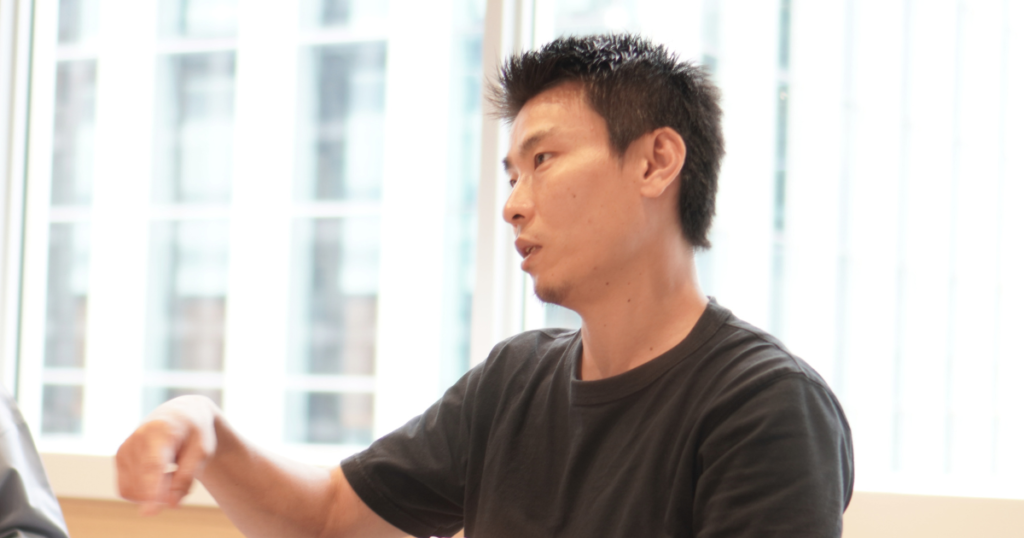
Masa: In a similar vein, the Business Team takes the lead in managing projects by working with stakeholders so that the engineering team can concentrate on testing and verification. The Gyrotron System, for example, has many suppliers, so we need to work closely and talk regularly with each of them. While it might seem straightforward – place the order and receive the order delivery – there is a considerable amount of coordination and negotiation in between, so I take the lead and work with the engineering team to ensure efficiency.
Q. Which technical teams do you work closely with?
Yuhei: I primarily lead sales for the Gyrotron System Team and the Plant Tech (Technology) Team. Our business covers three main areas: gyrotron systems, fusion thermal cycle systems, and fusion fuel cycle systems. Our Plant Tech Team focuses on thermal cycle and fuel cycle systems. Masa leads sales for the Gyrotron System, and Muné and I lead sales for Plant Tech.
Masa: Since the Gyrotron System has already taken shape as a product, we are now manufacturing and delivering the product to customers. At the same time, we continue with R&D on the Gyrotron System to improve and enhance system performance. We have already received several orders, so our work resembles that of a manufacturer, where we deliver exactly what is guaranteed to perform.
The Business team takes the lead on supply chain activities, including purchasing, logistics, inventory management and exports. In large companies, specialised teams would work on these separately, and a department would be responsible for bringing it all together. While this may happen in the future as we continue to grow, for now, the Business Team takes on this role, working with suppliers, customers and internal teams. In the future, we plan to set up a system for post-delivery maintenance and troubleshooting.
Muné: Plant Tech gradually introduces products and services to the market based on our R&D progress and on customer needs. Now we’re primarily focusing on developing the fusion thermal cycle systems and fusion fuel cycle systems, along with the structural materials for the blanket. Since we’re fabless, we typically develop technologies in collaboration with academic institutions and manufacturers, both in Japan and globally.
Yuhei: The Plant Tech team has been working on 2 key projects, UNITY-1 and UNITY-2, which are testing facilities currently under construction. These are expected to meet our customers’ needs, which will lead to future business, so we’re essentially preparing a product for sale.
We also provide engineering services, where we work to build what the customer envisions by capturing the customer’s needs from the early stages. We collaborate on design work and can support smaller companies, like emerging startups, to obtain funding.
Muné: Many of our customers, with their dedicated plasma physics research teams, are focused on creating the fusion reaction itself. With that in mind, many of them are looking for support for their reactor engineering, including R&D on the systems needed to harness the energy from the fusion reaction and the overall plant design for a future commercial facility. This is an opportunity for us to use our strengths in design and engineering. We can also carry out a safety analysis to ensure the integrity of
the entire system so that our products and services are fully backed and supported by the public.
An ideal environment for self-directed professionals
Q. How would you describe the working environment at KF?
Yuhei: I appreciate the flexible working hours. I have a good work-life balance and can spend quality time with my family. We regularly communicate with our colleagues in the US, and because of the time difference, sometimes they ask me if I get enough sleep. I just smile and let them know that I sleep just fine.
Masa: My schedule is pretty similar to my previous position, so I have down time after work. I think the difference is the amount of work at KF compared to my previous position. Since I’m always working on something, my mind is always on, so I do get tired at the end of the day. But, overall, I think I’m more efficient with my time because I focus on what I need to get done with the time I have instead of working longer hours at a slower pace.
Muné: In my case, there are a lot of tasks that I get through every day, so when I look back on my week, I am often surprised at how much I’ve gotten done. I have control over my schedule and a lot of flexibility in how and where I work. I feel fortunate that, if there’s an area where I have no experience, I can talk to and learn so much from the specialists and area experts at KF.
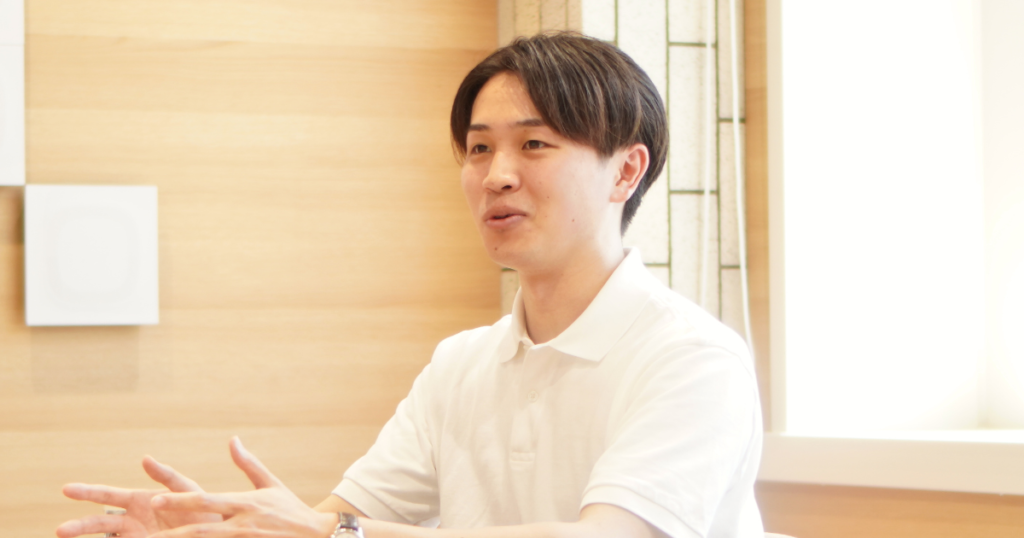
Yuhei: Speaking of flexible working, some team members have been taking advantage of our workcation policy and working from amazing places like Okinawa. We can also receive up to ¥200,000/year for professional development and training. This has been really useful for taking classes and getting additional qualifications or certifications.
Q. What’s it like working on the Business Team?
Muné: My first impression was that they were a formidable group of seasoned professionals. I remember being surprised by how experienced they were and how fast they worked.
In a positive sense, the Business Team doesn’t have sharply defined roles. Since there really aren’t limits on the scope of work, you need to make your own choices and decisions within that context. Maybe that’s what naturally happens when you work in this kind of environment every day. Some people may assume that sales and business development could be a cutthroat environment, but that’s not the case here. We all work hard and we’re very passionate about what we do.
Masa: As the company has grown over the past few years, we’re at the stage now where the roles in departments like business development and corporate design are becoming clearer and more structured. The Business Team works a bit more fluidly, and the members tackle projects as jacks-of-all-trades. I think it is both challenging and rewarding for those who find what they want to do and go for it.
Yuhei: I would say that the Business Team works similarly to a trading company, so I’ve been able to leverage my previous work experience. In fact, some of us have previously worked in trading companies, so it might be easier for people with that type of experience to fit in. You still need to learn more about specialised areas like technology and IP, but I think you can adapt quickly to the way the team works.
Masa: Actually, I managed development projects using my engineering background, so it took me time to adjust to the way a trading company employee may work. I was able to use my experience communicating with customers to be successful in my position.
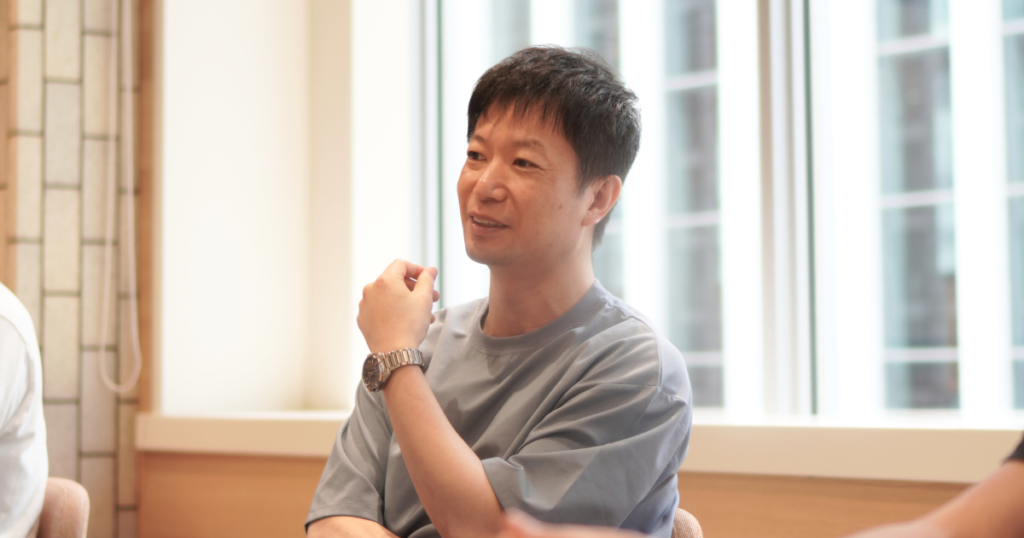
Q. What kind of person do you think would be a good fit for the Business Team?
Yuhei: During recruitment interviews, I like to check if a candidate has ever completed a deal for a product or service from start to finish. Since there are many times in the Business Team’s work where team members need to make decisions and proceed on their own, it’s helpful to have the experience of fully executing a deal, regardless of the size of the transaction.
Masa: We’re very open to professionals with experience in business development and project management. I think people who are willing and open to making decisions are a solid fit for any position at KF, including business development. Ultimately, making decisions means having to make tough choices. As a start-up, there are many opportunities to make these kinds of decisions, so I think it’s a good challenge for self-directed professionals.
Yuhei: In that sense, our team might not be the best fit for someone who needs to work within a highly structured environment. There are certainly times when it’s important from an operational standpoint to follow rules and procedures. As a startup, we focus on creating a team where members enjoy what they’re doing, so our team would be ideal for someone who thrives in this type of environment.
Muné: Our COO Kiyo (Kiyoshi SEKO), who heads the Business Team, is a great example of this. With his broad perspective, he’s always looking for new opportunities for our team and for KF. He collects information from all over the world, analyses it, and then shares his findings within the company. This is very useful, but at the same time, I always wonder how he does it. I have the impression that Kiyo, along with many other members, has a broad perspective. I see the Business Team as a master strategist who formulates and then carries out their plan, so I think it’s advantageous to have a broader perspective so that you can think of multiple ways to achieve your goals.
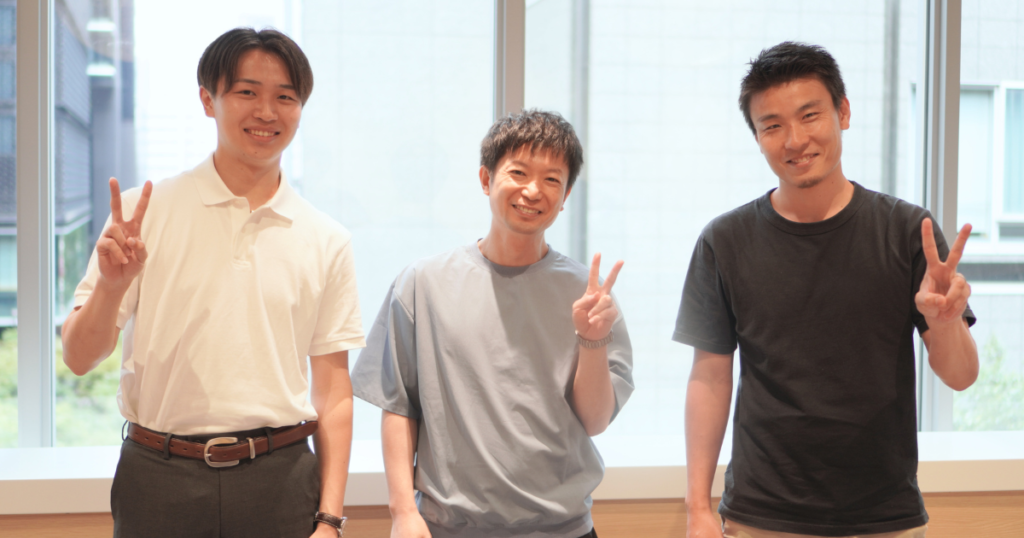
—
Thanks for reading the first edition of “Meet Our Team”! We hope it has given you some insights into how our Business Team works. Stay tuned for our next installment!




